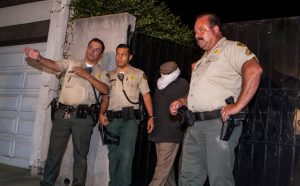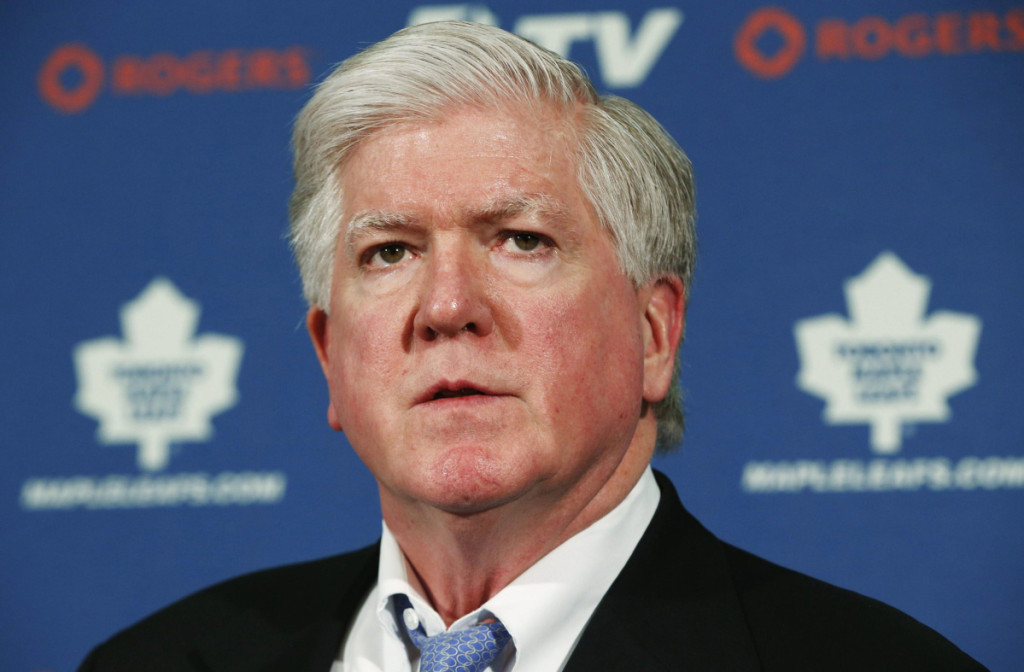
Innocence of Muslims misses the mark on free speech
By Sophie Isbister, Contributor
If you haven’t already seen the intensely controversial film Innocence of Muslims, then count yourself lucky. The anti-Islam film, which went viral early in September, has been inciting violent protests in the Middle East. Here in the West, we have the privilege of sitting back in our computer chairs and arguing about free speech. Did the writer and producer of Innocence, rumoured to be a fellow named Nakoula Basseley Nakoula (working under the alias Sam Bacile), have the right to create and disseminate this kind of content, which includes actors in brown-face (or smudge-face) and depicts a philandering Mohammad? Do Western governments have a mandate to confirm and persecute the creator of this film? Do online content-hosts such as YouTube have the responsibility to remove said content from their servers?
Free speech is undoubtedly one of the cornerstones of civilization, and it’s hard to argue against it. It’s also hard to argue for the efficacy of banning salient content. The Canadian Charter of Rights and Freedoms guarantees our right to “freedom of thought, belief, opinion, and expression, including freedom of the press and other media of communication.” But it also provides limitations on this speech, and Innocence of Muslims walks the line between free speech and hate speech.
Take, for example, the shady situation surrounding the creation of the film. The actors were reportedly given one script to read which was then overdubbed with content that is being called Islamophobic and racist—this isn’t even hidden, as the dubbed parts of the film are incredibly obvious. One of the actresses in the film is suing the film’s producers and YouTube because the ensuing negative backlash (including death threats) has ruined her career.
There is currently so much mystery surrounding the film: who created it, and why? Based on the extremely poor production values and deliberately inflammatory content, it seems that the intent of this film was to incite the exact violent response that it got. It’s awful that the backlash from this film has resulted in murder and destruction, but our response as a society should not be to laud free speech and decry the enraged Muslims as animals or maniacs. That kind of xenophobic response is along the same line of thinking that caused Innocence to be created in the first place.
We live in a global community where information, offensive or otherwise, gets disseminated practically overnight. Within that community, there are very different guidelines, culture to culture, about what can be considered inflammatory. Innocence of Muslims may not be hate speech, but if it isn’t, then perhaps the definition of hate speech needs to be redefined to reflect our global society. Either way, whoever created this film can expect to win the Troll of 2012 award.
[hr]
Hate speech comes from the mouths of murderers, not filmmakers
By Dylan Hackett, News Editor
The violent outrage and murderous response to the blasphemies committed by an unwatchable low-budget film made by a strange, talentless, Egyptian expat sheds light on more than just a great cultural misunderstanding. The cries for the death of Nakoula Basseley Nakoula, the shoddy filmmaker behind Innocence of Muslims, are oddly reminiscent of those shouted at Salman Rushdie over 30 years ago and the Danish cartoonists just seven years ago. Although the other two works both have far more agreeable artistic and satirical merit, Nakoula is merely exercising his right to criticize whomever he chooses. He is no less in-the-wrong than the novelist or the cartoonist, even though his criticisms are delivered with the sophistication of “your mama’” jokes and with cinematography poor enough to bring blush to the chiseled cheeks of Tommy Wiseau.
The alleged contention against the movie that drives incensed hordes to call for the deaths of the shoddy filmmaker (and America, Americans, etc.) is that it depicts Islam in an unfavourable and inaccurate manner. While the former is by most measurements true, many of his charges against the prophet Mohammad have basis in the Quran.
The recurring insinuation that the character depicting Mohammad and his followers had paedophiliac inclinations is one charge with said basis. Aisha, one of the prophet’s many wives, was raped at the age of nine or 10—I say raped because she was both of prepubescent age and below any rational measurement of the age of consent. I don’t care who you are—that’s disgusting, immoral, misogynistic, and offensive.
While I don’t believe that most Islam practitioners are more prone to violence than anyone else, I cannot say that the source text for the “religion of peace” doesn’t supply edicts that encourage violent action to be taken against blasphemers and infidels. A verse from the eighth chapter of the Quran reads “(Remember) when your Lord inspired the angels, ‘Verily, I am with you, so keep firm those who have believed. I will cast terror into the hearts of those who have disbelieved, so strike them over the necks, and smite over all their fingers and toes.’” That choice quote is closer to hate speech than Nakoula’s dire parody. If I were an outraged faithful led by an outraged religion, that verse would be all the backing I’d need to head over to an American embassy with a handful of pebbles or, perhaps, an RPG launcher; the weapon alleged to have had a role in the murder of multiple US diplomats two weeks ago.
Just weeks ago, the US State Department derided Russia’s free speech laws after members of Pussy Riot were slapped with prison sentences for demonstrating against the misogyny of the patriarchal structure of Orthodox beliefs. Now, Hillary Clinton slams the blaspheming film, Innocence of Muslims, as reprehensible.
Blasphemy does no harm to anyone. To incite violence as a response to blasphemy is harmful, destructive, and uncivilized. Nakoula did not hurt anyone, even if his film begins with the Muslim faithful butchering Christians in the streets. This is, in fact, a reality for the Copts of Egypt, the religious minority group Nakoula belongs to. Leave the discontent and outrage for those who face religious persecution far more harmful than overdubbed quips from an amateur film.

